Business intelligence morning was highlighted a deeper knowledge of your own business
The Thursday morning session of RoboAI Week featured presentations on data analytics in business, building innovation ecosystems and strengthening productivity growth. However, all the presentations were based on the same idea. Data alone is not enough.
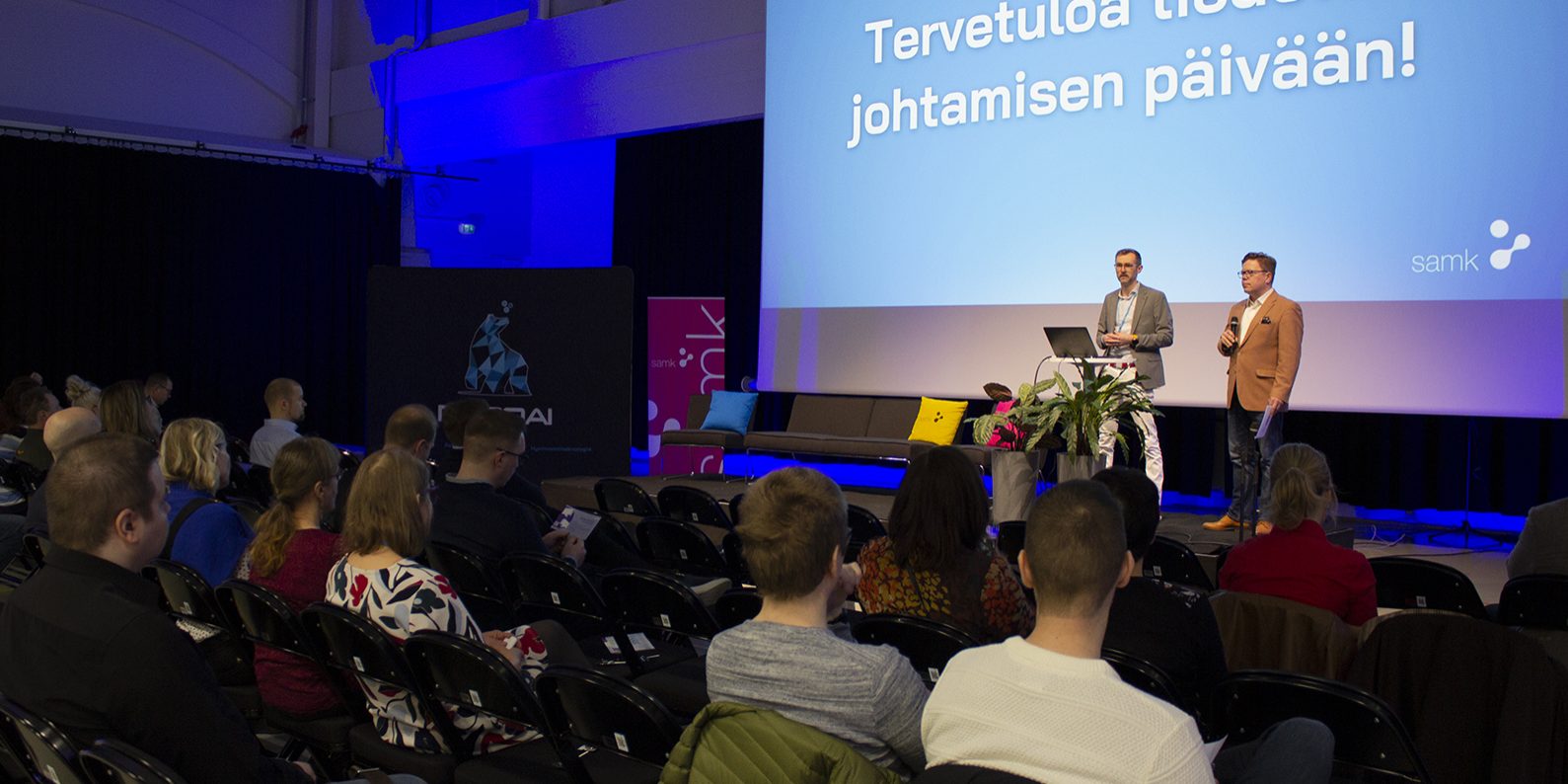
Success requires the right combination of efficient production and high quality skills. These in turn are based on a deep understanding of your business and the business environment, as well as customer-oriented product and service development. Behind innovation competence is always human competence. The key themes of the day were the importance of innovation, collaboration and openness in the development of a company's competences.
In the morning expert presentations, Mikko Pakkasela, Research Manager of the SAMK Business Intelligence Center BIC, presented the state barometer of business Intelligence in Satakunta. Business Intelligence plays a key role in the success and added value of companies and organisations. In order to strengthen productivity growth, R&D support needs to be properly targeted and R&D projects of companies operating in clusters of excellence need to be supported.
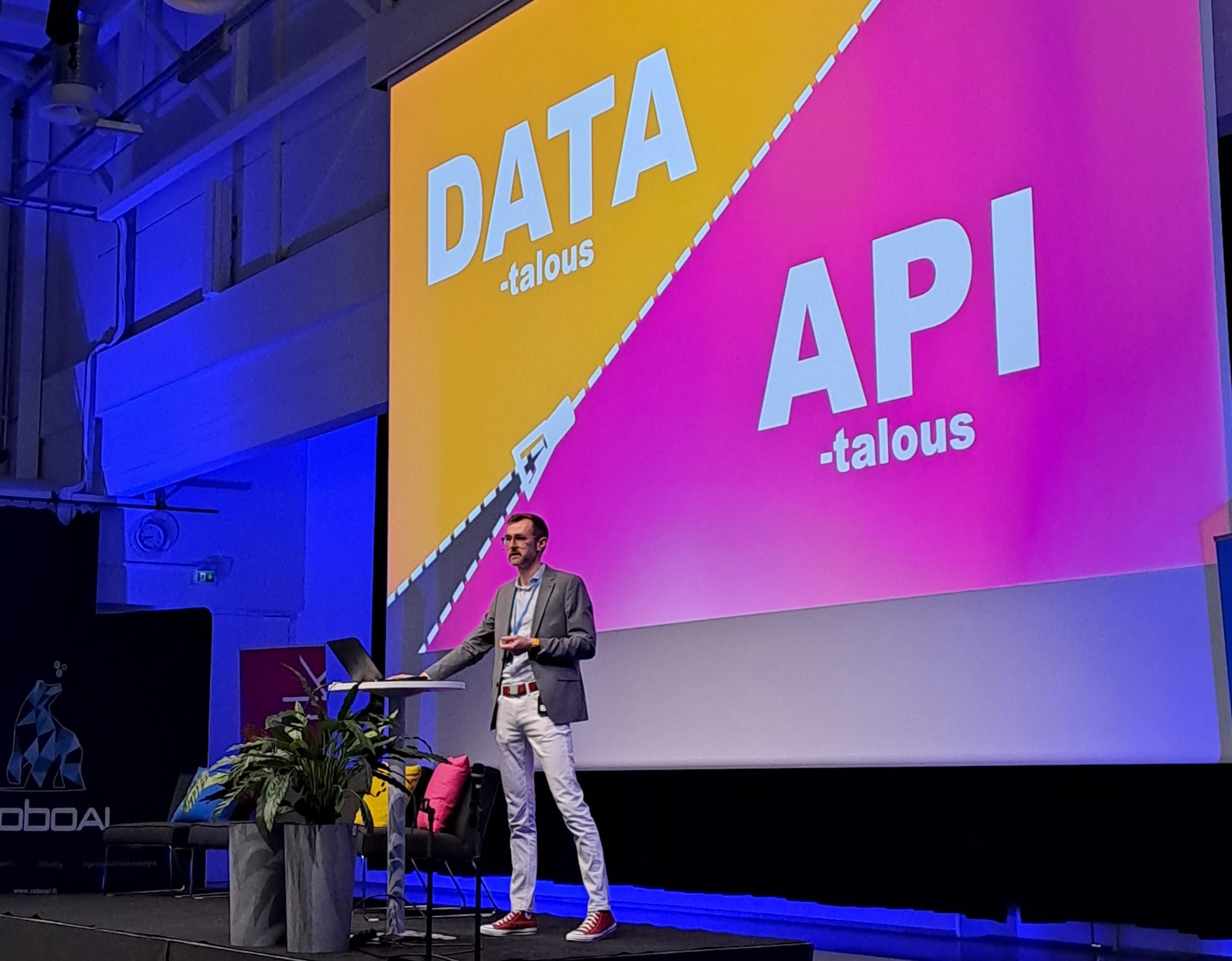
Business intelligence analysis can bring companies competitive advantages, such as lower costs, improved business performance and tailored products. However, the existence of data-related resources does not yet guarantee that these competitive advantages will be achieved. In her presentation, tenure-track Professor Hongxiu Li from the University of Tampere emphasised the role of synergies between business and business data analytics in the effective use of business data analytics to achieve competitive advantages.
Dr Antero Hirvensalo from the University of Tampere gave a presentation on the co-creation of knowledge and expertise in the Satakunta metal cluster. The Satakunta metal cluster plays an important role in the development of the industrial circular economy in Finland and internationally. The cluster includes a concentration of producers of batteries and metals needed for electrification, and is supported by strong energy production and logistics. More interactive RDI activities are therefore needed in the transition to a circular economy.
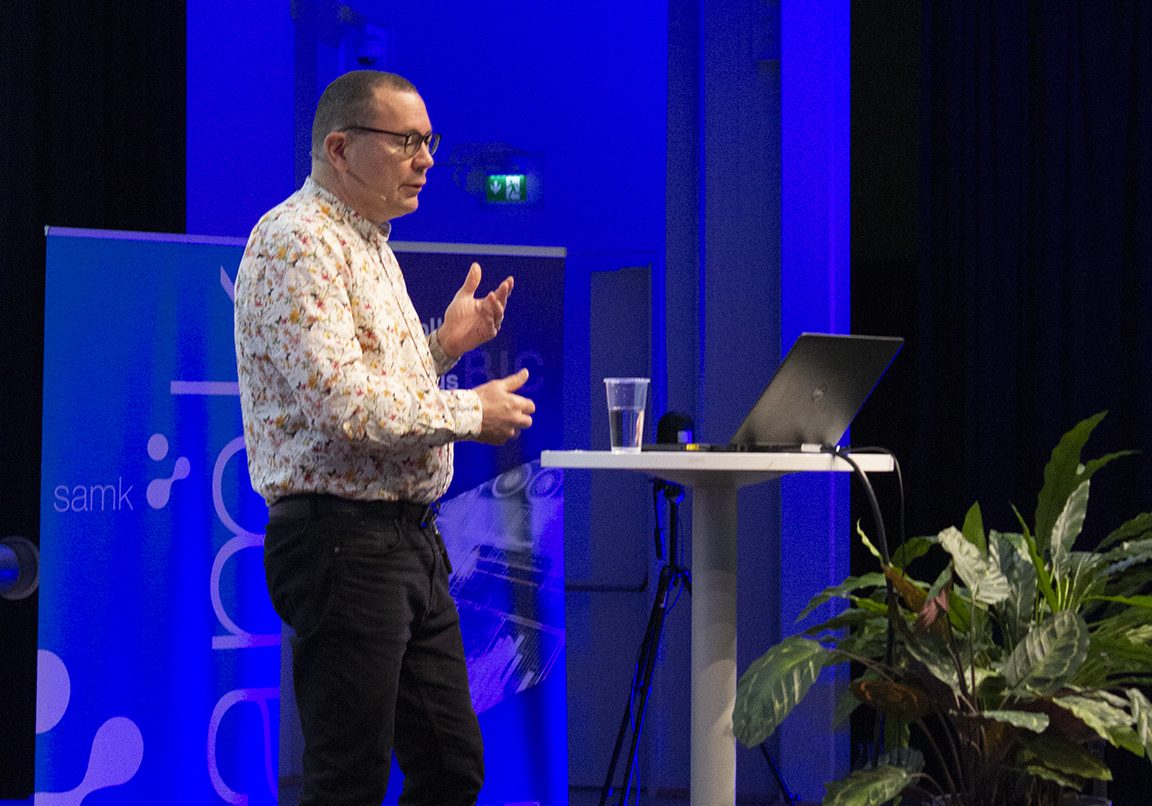
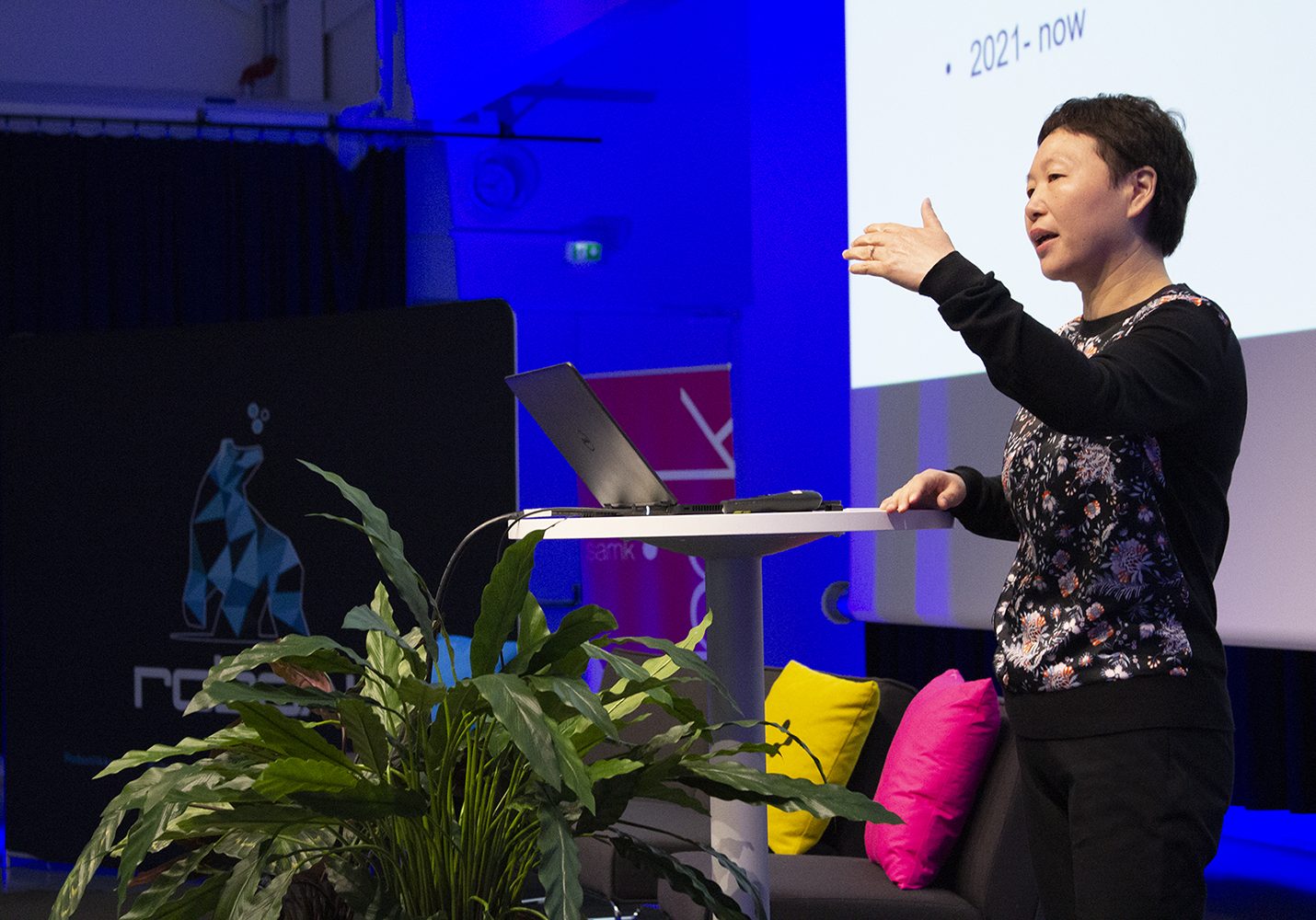
Innovation work is based on people's skills
The keynote speech by Siamäk Naghian, CEO of Genelek, focused on innovation work and the associated development and research work. Innovation work is based on people skills. So how to bring out the potential in each individual and how to support it.
Mr Naghian stressed the importance of equality and low hierarchy, both in business and in society. According to Naghian, the identity and soul of a company has a big connection to what you do.
– We are not looking for the cheapest but for the best quality. Quality can be produced where people are happy and the basics are in place. The Finnish cultural base supports low hierarchy business. I don't want to separate, for example, production and product development. Continuous interaction is important for development," says Naghian.
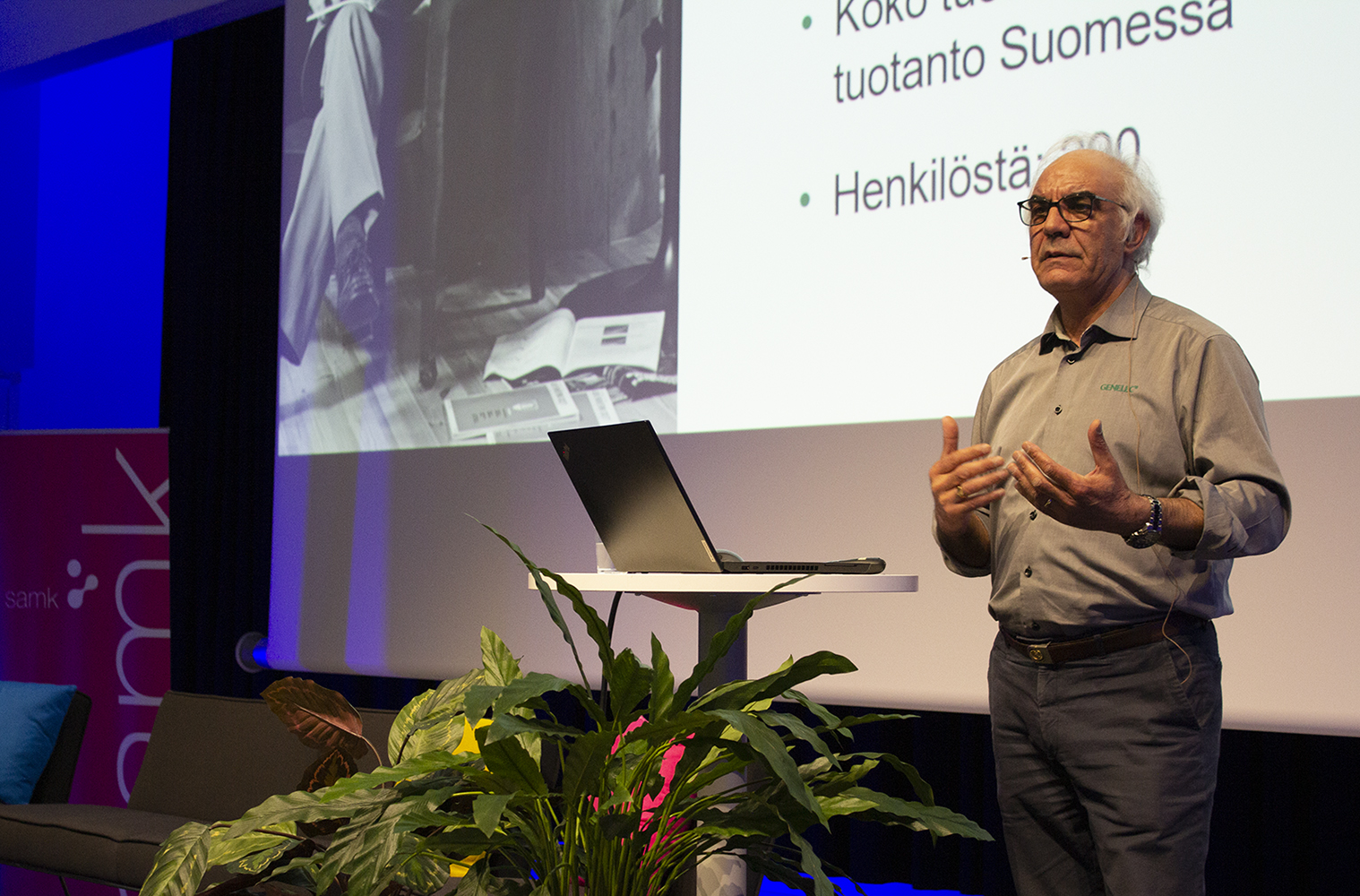
In a panel discussion at the end, Naghian, Boliden's Development Director Vesa Törölä and Project Director Katariina Yrjönkoski from University Consortium of Pori discussed the importance of cooperation and persistence in business.
Deepening cooperation between universities and companies is of paramount importance, both in terms of research and student cooperation. Involving students in working life is important to get top experts. Students are still searching for their own professional identity, which they can start to develop during their studies in cooperation with companies.
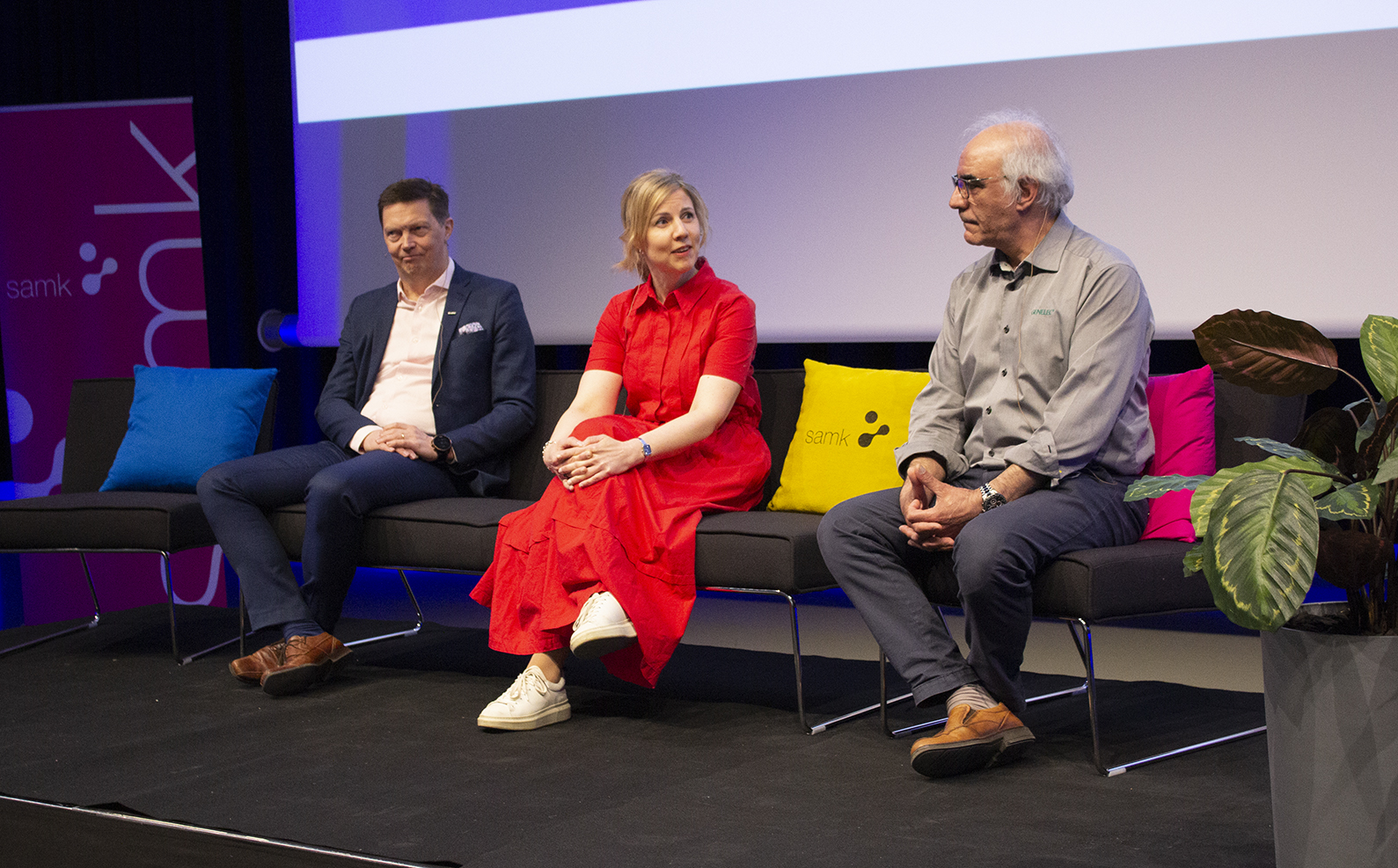
The discussion also focused on the impact of culture and language in working life and how to attract foreign experts to stay in Finland. Naghian pointed out that while Finnish language skills should not become a barrier to employment, no one should say that they don't need to learn Finnish because they can get by in English. According to Naghian, learning the language is an important part of integration and understanding the culture.
